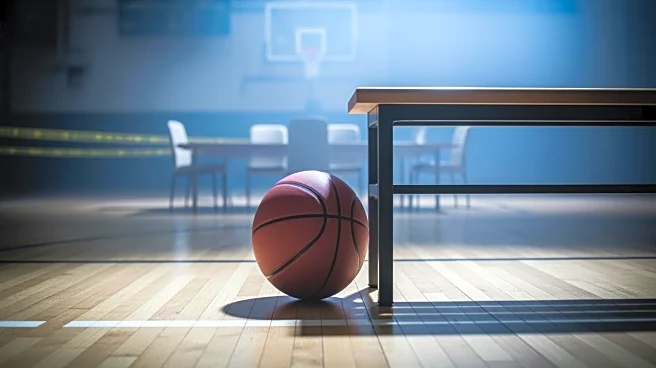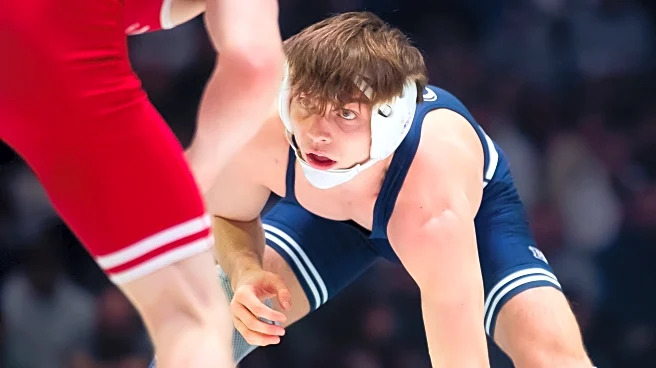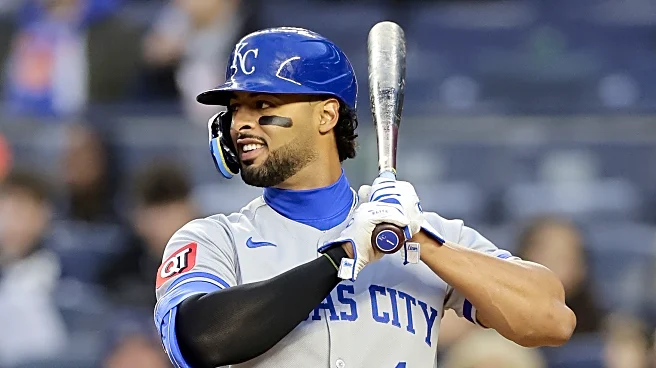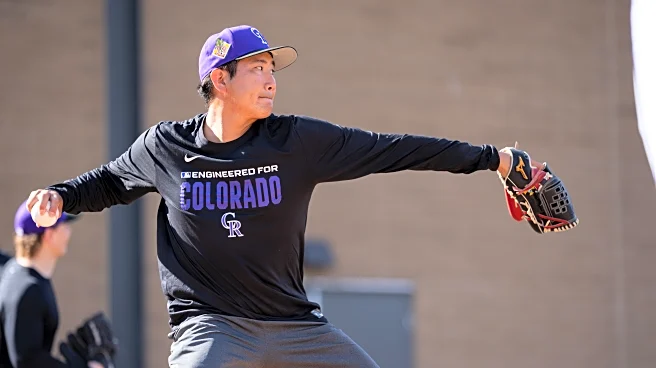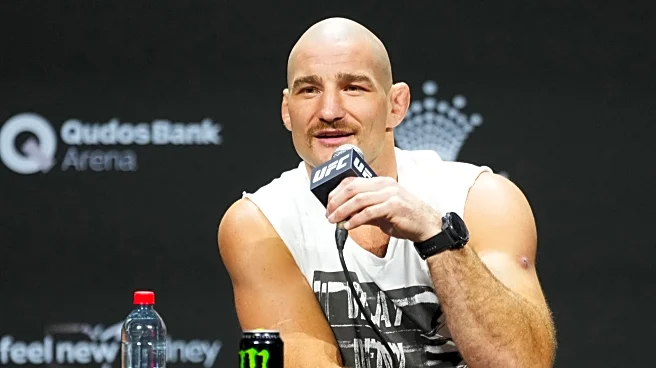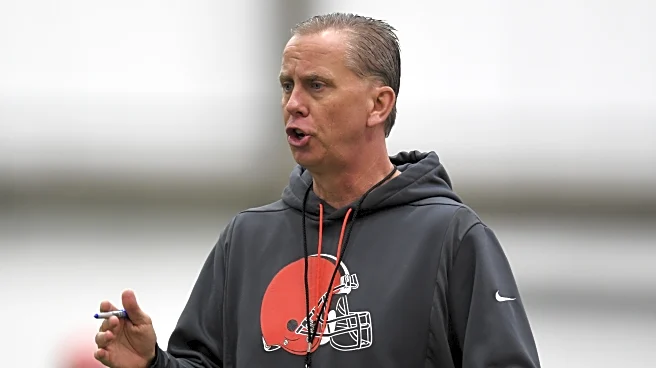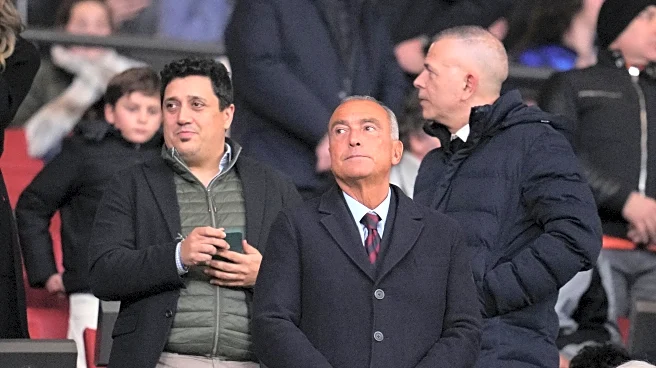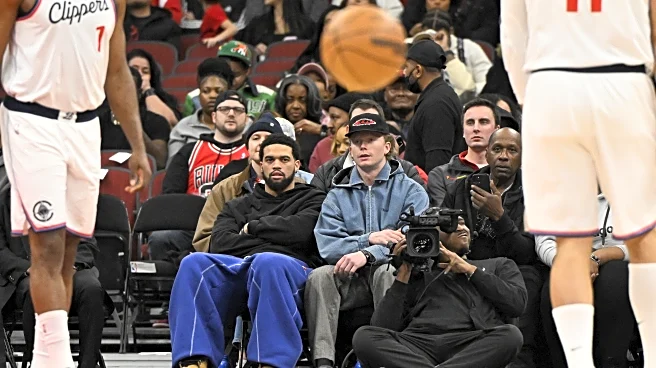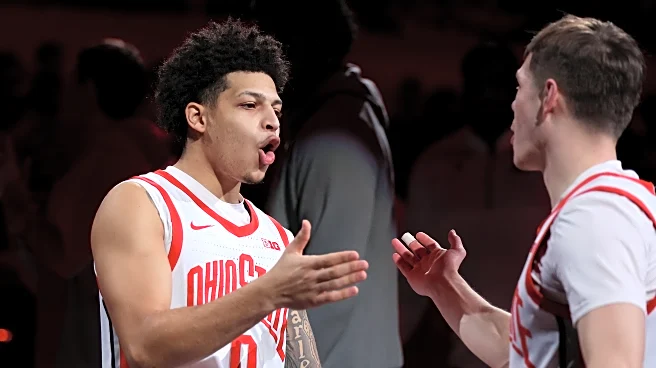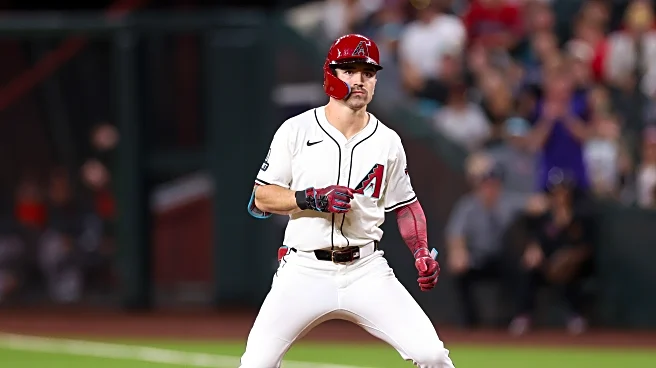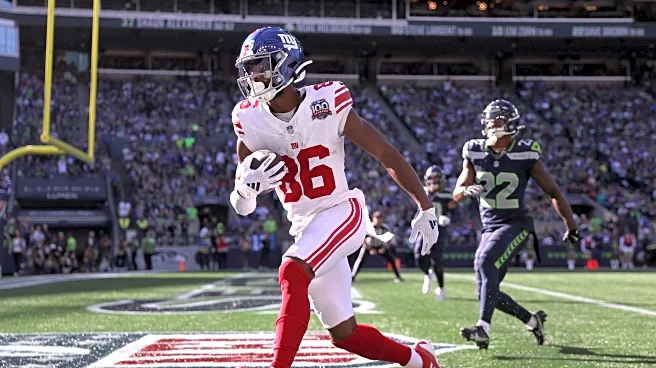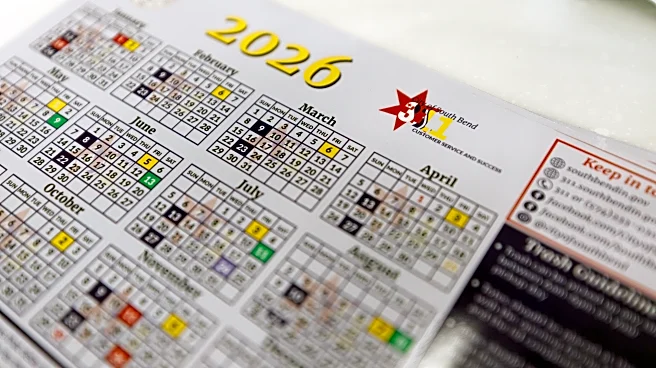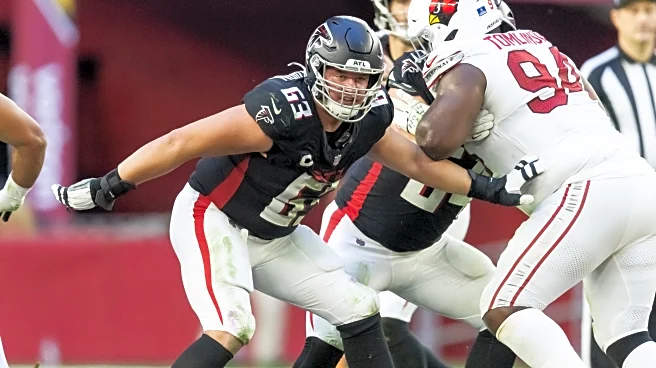What's Happening?
The NCAA is encountering growing challenges regarding eligibility standards as former NBA G League players, such as Thierry Darlan and London Johnson, join college basketball teams. This trend raises questions about the balance between amateur and professional competition, especially in the context of the NIL era. Critics argue that the inclusion of players with professional experience may undermine the amateur nature of college sports, while supporters believe it enhances competition and better prepares athletes for their careers post-college. Prominent coaches like Tom Izzo and Bill Self have expressed concerns about this development, highlighting the need for clearer eligibility guidelines.
Why It's Important?
The integration of former professional players into
college basketball could significantly impact the competitive landscape and the traditional amateur ethos of college sports. It challenges the NCAA to redefine eligibility criteria and address the implications of players with prior earnings competing against student-athletes. This situation could lead to a shift in recruitment strategies, with colleges potentially targeting players with professional experience to gain a competitive edge. The NCAA's decisions on these cases will likely influence future policies and the overall structure of college athletics.
What's Next?
The NCAA will need to address these eligibility issues by potentially revising its rules and guidelines to accommodate the changing dynamics of college sports. This may involve setting new precedents for the inclusion of pro-experienced athletes. The organization will also have to consider the impact on competitive balance and the integrity of college sports. As more players with professional backgrounds enter the college ranks, the NCAA's approach to these cases will be closely scrutinized by stakeholders, including coaches, athletes, and fans.
